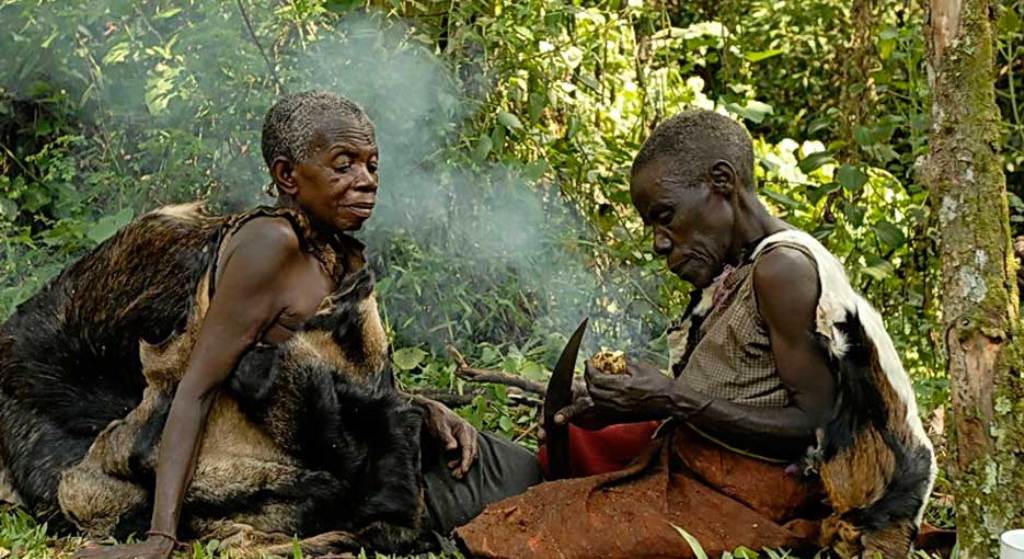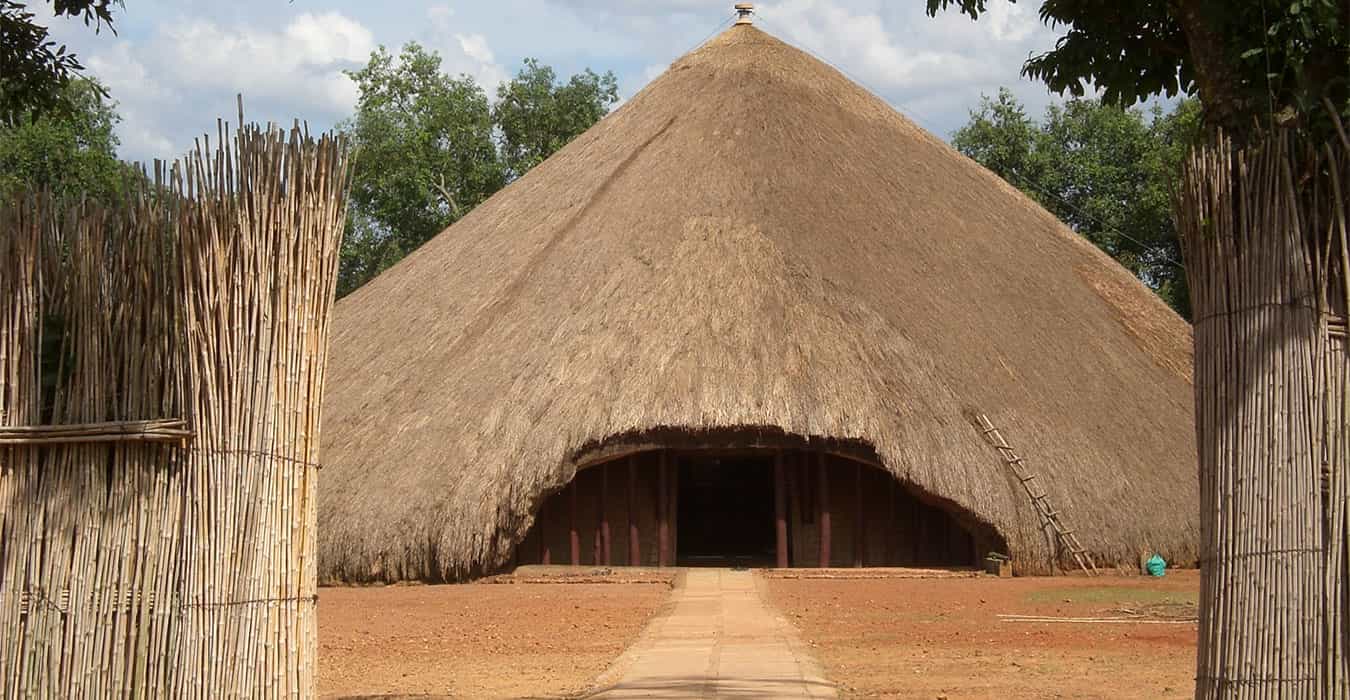Cultural Experience in Uganda
Uganda offers a rich Cultural Tourism experience beyond its famous gorilla trekking and wildlife safaris. The country is home to numerous friendly and welcoming tribes, including the Acholi, Baganda, Batwa, Karamojong, and many others, each with a unique language, set of practices, and norms. These diverse groups were historically categorized under kingdoms or traditional rulers, which were later abolished and then re-established by the Ugandan government approximately 30 years ago. Cultural tours enable visitors to gain a deeper understanding by participating in performances and learning about local practices firsthand from the local people.
A tour of Uganda’s cultures reveals deep-seated traditions and unique lifestyles, often focused around specific communities. For instance, the Batwa Trail in Mgahinga National Park offers interaction with the Batwa pygmies, who teach ancient hunting methods and share their forest-dwelling history. In Northeastern Uganda, the Karamojong are known for their nomadic, cattle-centered lifestyle, where visitors can join in traditional milking, grazing, and dances. Similarly, the Bagisu of the east are famous for their Imbalu (ancient circumcision rituals) and the accompanying Kadodi dances, a deeply symbolic rite of passage for young men transitioning into manhood.
Key Cultural Sites and Attractions
In addition to the living cultures, Uganda is dotted with numerous cultural sites that preserve the nation's history and heritage, many of which the government is working to promote. These sites range from important religious landmarks to historical palaces and unique natural features.
Prominent examples include the Kasubi Tombs (a UNESCO World Heritage site and the burial ground for Buganda kings), the Uganda Martyrs’ Shrine at Namugongo (a major pilgrimage site), and the unique Baháʼí Temple, the only one of its kind in Africa.
Regional Cultural and Historical Gems
Regional sites offer specific insights into local kingdoms and ancient history. In Western Uganda, the Igongo Cultural Center promotes the Ankole culture, and the Karambi Tombs serve as the burial grounds for the Tooro kings. Moving east, the Nyero Rock Paintings date back to the Iron Age, depicting ancient canoes and animals. Historical and political sites include the Fort Baker trench, a stark reminder of the Arab slave trade, and the Katerere Prison Ditch, which memorializes the brutality of Buganda's Kabaka Kalema. Finally, centers like the Ndere Troupe Cultural Center in Kampala provide a convenient way for tourists to experience traditional performances and taste authentic Ugandan cuisine from across the country.
Key Cultural Experiences
Uganda's cultural tourism offers a rich experience through visits to
historical sites like the Kasubi Tombs (a UNESCO site) and Kabaka's
Palace, and immersive community experiences with groups like the
Batwa and Karamojong. Visitors can also engage with local
culture through traditional music and dance performances at places
like the Ndere Cultural Centre, by exploring museums like the Uganda
Museum, and by participating in hands-on activities such as basket weaving, cooking, or coffee harvesting.
Historical and royal sites:
- Kasubi Tombs: A UNESCO World Heritage Site that serves as the burial ground for the kings of the Buganda Kingdom.
- Kabaka's Palace (Lubiri Mengo): The official residence of the Buganda King, offering insight into the kingdom's history.
- Mparo Royal Tombs: Another significant royal burial site.
- Nyero Rock Paintings: Ancient rock paintings, believed to be over 3,000 years old.
- Amabere ga Nyinamwiru: Caves near Fort Portal with cultural and spiritual significance.
Community and tribal visits
- Batwa Trail: An experience with the Batwa people, former forest dwellers, where you can learn about their traditional hunting and survival skills.
- Karamojong cultural tour: Visit the nomadic Karamojong people in northeastern Uganda.
- Igongo Country Hotel and Cultural Centre: Offers cultural insights and experiences.
- Ewaffe Cultural Village: A village offering immersive experiences of traditional Buganda culture, including demonstrations of coffee roasting, traditional medicine, and banana beer making.
Performances and arts:
- Ndere Cultural Centre: Watch traditional music, dance, and storytelling performances.
- Bigodi Cultural Center: A small museum displaying traditional items like clothes, instruments, and artifacts.
- Bayimba International Festival of the Arts: A festival celebrating music, dance, theater, and visual arts.
- Imbalu Circumcision Ceremony: A traditional rite of passage among the Bagisu people (held in even-numbered years).
Museums and markets:
- Uganda Museum: A trove of artifacts representing Uganda's diverse tribes.
- Owino Market / Nakasero Market: Explore bustling markets to find traditional crafts and textiles.
Where can I go for a cultural experience in Uganda?
For a deeply immersive experience in Uganda's culture, there are several key destinations. The Batwa Cultural Trail in Mgahinga National Park is highly recommended, as it allows you to walk with the Batwa pygmies, the original forest dwellers, who will demonstrate ancient hunting techniques, local herbal medicine, and share their traditions. In a stark contrast, the remote northeastern region near Kidepo Valley National Park is home to the Karamojong people, a nomadic, cattle-centered community where visitors can participate in their daily routines like milking and traditional dances.
If your journey is focused on heritage sites and kingdoms, the capital Kampala and its surroundings offer a wealth of attractions. You can visit the UNESCO World Heritage site of the Kasubi Tombs, the burial grounds for Buganda kings, as well as the Kabaka's Palace and the Uganda Museum. For a broad, one-stop cultural performance, the Ndere Troupe Cultural Centre in Kampala showcases music, dance, and traditional cuisine from various Ugandan tribes. For a regional stopover, the Igongo Cultural Centre near Mbarara provides great insight into the Ankole culture of southwestern Uganda.


What to expect from the cultural experience
A tour of Uganda’s cultures reveals deep-seated traditions and unique lifestyles, often focused around specific communities. For instance, the Batwa Trail in Mgahinga National Park offers interaction with the Batwa pygmies, who teach ancient hunting methods and share their forest-dwelling history.
In Northeastern Uganda, the Karamojong are known for their nomadic, cattle-centered lifestyle, where visitors can join in traditional milking, grazing, and dances. Similarly, the Bagisu of the east are famous for their Imbalu (ancient circumcision rituals) and the accompanying Kadodi dances, a deeply symbolic rite of passage for young men transitioning into manhood.
Tips for cultural interaction
- Dress modestly, especially in rural areas and during visits to sacred sites.
- Ask for permission before taking photographs of people.
- Learn a few basic phrases in a local language to show respect.
- Support local communities: by purchasing authentic crafts and participating in village-based tourism initiatives.
- Be respectful of sacred sites, and avoid disrupting rituals.
When's the best time to go for a cultural experience in Uganda?
The best time for a cultural experience in Uganda is during the dry seasons, which run from June to August and December to February.
While cultural activities are available year-round, the dry months offer the most favorable conditions for travel and outdoor community engagement. The drier weather makes road travel across the country, especially to remote cultural sites like the Karamojong villages in the north or the Batwa communities near the gorilla parks, much easier.
Furthermore, many of the major traditional festivals, cultural ceremonies, and public events, such as the famous Uganda Martyrs Day on June 3rd or the various kingdom-related celebrations, are scheduled during these drier periods, allowing you to witness the culture in its most vibrant form.
Want to go on a cultural experience safari in Uganda? Here's how:
Choose your spot: Kampala, Mgahinga, Bwindi, Mbale, or Karamoja are your best bets.
Get organized: You'll need transport and a place to stay. Afrika Panthera Safaris can help sort all this out for you.
How we can help:
Sort out where to stay: Afrika Panthera Safaris picks the perfect place for your cultural adventure.
Take care of transportation: Afrika Panthera Safaris makes sure you get from place to place without any trouble.
We make it easy: With our help, planning your cultural safari is a breeze. We will give you all the latest info and help you plan your dream trip.
If you're excited to see these diverse cultures, get in touch with Afrika Panthera Safaris and start planning your adventure!

